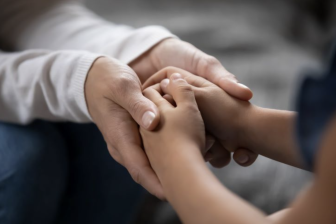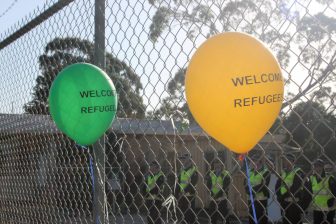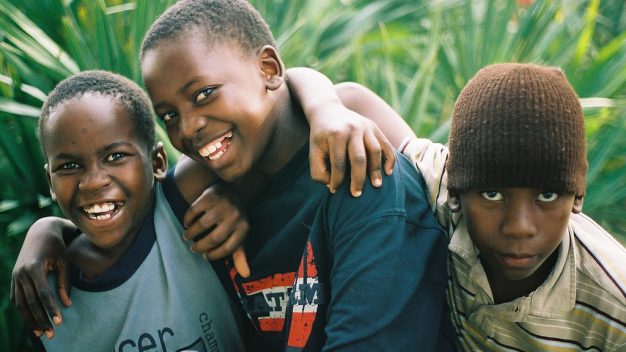
What’s it like to be young and from overseas in Australia?
The first ever census of young Australians from refugee and migrant backgrounds paints a mixed picture of optimism and belonging against a backdrop of ongoing discrimination.
The majority of refugee and migrant young Australians feel strongly that they belong in Australia, despite almost half experiencing some form of discrimination or unfair treatment in the past twelve months, the first Multicultural Youth Australia Census shows.
The numbers
Nearly 2,000 young people aged 15 to 25 from refugee and migrant backgrounds took part in the census, which was conducted in September and October 2017. It is the first and most comprehensive national account of how multicultural young people are faring socially, culturally and economically. The findings show a sense of belonging, hope and participation on the one hand, but discrimination, feelings of unsafety, and barriers to employment on the other.
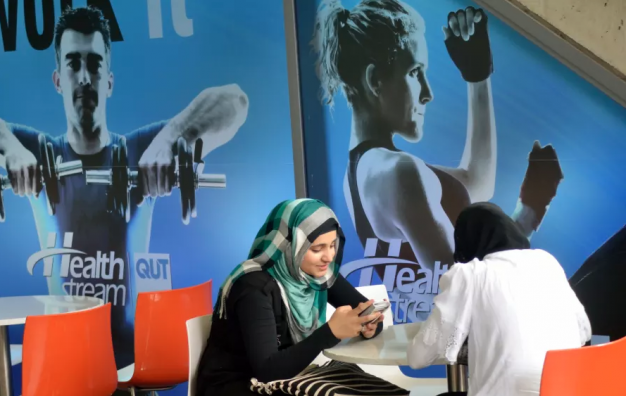
Australia is diverse and multicultural; 49 per cent of Australians have one or both parents born overseas. However, in recent years multiculturalism has come under significant pressure. The Federal government’s efforts to narrow the criteria for national citizenship, punitive asylum seeker policies and the continuing criminalisation of African communities have contributed to polarising debates and media commentary about Australia’s multicultural status.
A chance to be heard
Refugee and migrant youth are often talked at or about, but they rarely get a chance to voice their views, opinions and concerns, reinforcing discrimination and contributing to how unsafe many of them feel. This census was an opportunity for them to be heard, and to dismantle some of the unfair stereotypes often attributed to this group of overwhelmingly civic-minded young people.
The participants in the census came from 91 different countries. More than three-quarters were born overseas; 18 per cent were Australian born with at least one parent born overseas and 5 per cent were Australian born with both parents born in Australia. They were also young; 45 per cent were aged 15-17, 25 per cent were 18-20 and 30 per cent were 21-25.
Belonging, hope and participation
The findings paint a positive picture and show that refugee and migrant youth are driven by hope and optimism: the vast majority (82 per cent) ‘agreed’ or ‘strongly agreed’ that they feel they belong in Australia. Despite facing numerous challenges, the majority of refugee and migrant young people expressed confidence in their ability to achieve their goals, be it at work or study, with 87 per cent saying they feel ‘positive’ or ‘very positive’ about reaching their future goals.
They are also socially-connected and have a strong civic and participatory outlook. Their top two values and goals were ‘having a job they were passionate about’ (61 per cent), and ‘being active in working for a better society’ (45 per cent). About three-quarters of participants indicated that they engaged in one or more civic or political activities in the last year, like signing a petition, expressing an opinion online about an issue they care about, buying ethically, attending protests or contacting politicians.
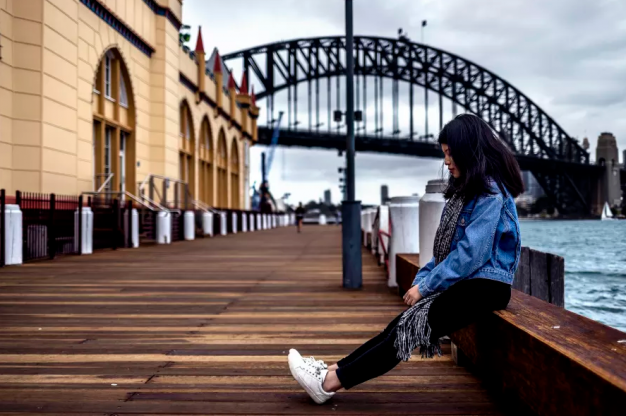
The findings also show that having a sense of belonging in Australia owes, to a large extent, the capacity to navigate and live with diversity. Not only do refugee and migrant youth have a strong sense of their own cultural identity and distinctiveness, but they also have an interest in other cultures; 84 per cent sought out different cultural experiences, and 82 per cent said it was important to maintain their cultural heritage. Almost three-quarters felt they belonged to more than one culture.
Discrimination and barriers
Against this backdrop of belonging, hope and participation is a lived experience of discrimination and feelings of unsafety. Refugee and migrant youth identified diversity and discrimination as the most important issue facing Australia. When asked about issues of personal concern they mentioned school or study problems (20 per cent) and discrimination (18 per cent).
These are young people who, like many others, see their education as a foundation for a prosperous life, and place a great deal of importance on it. But they are also dealing with concerns about discrimination, which sets them apart from other young Australians, for whom discrimination is of much less concern.
To put it in the words of one survey participant:
“Australia’s face is bright, bold, colourful and filled with a hunger to belong. Our diversity and multiculturalism is our strength, yet we struggle to accept one another, we fight to hate one another, and we live to divide one another. Belonging: We all want it but we don’t [do] enough to keep it.”
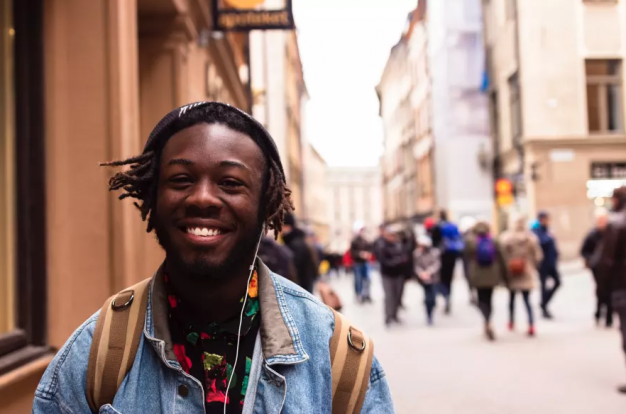
Almost half (49 per cent) of refugee and migrant young people had experienced some form of discrimination or unfair treatment in the 12 months prior to the census. An even higher proportion (64 per cent) had witnessed someone else being unfairly treated or discriminated against. Two-thirds (66 per cent) of those who experienced discrimination indicated that this was because of their race, while one-quarter (25 per cent) was discriminated against because of religion.
Over one-third (38 per cent) felt either ‘unsafe’ or ‘very unsafe’ when walking alone at night, with young women 3.7 times more likely to feel unsafe than young men. Refugee and migrant youth also face significant barriers to employment. Almost half (49.6 per cent) were unemployed or underemployed. Racial discrimination was the most commonly cited reason for why it is difficult to find work.
Where to from here?
It seems counter-intuitive that a large majority of refugee and migrant youth express a strong sense of optimism and belonging to Australia despite the challenges they face, particularly the high levels of discrimination they experience.
The Census findings suggest that this optimism is linked to the ability to ‘belong in diversity’, and the ability to navigate multiple cultural identities – something that stems from the diversity of Australian society whose fabric is shaped by migration. Yet the experience of Australia’s migrant and refugee youth challenges this diverse foundation.
If we want to live up to the image of Australia as ‘the most successful multicultural society in the world’ it is time to stop scapegoating migrant youth as criminals or extremists. Instead, it is time to fund programs and create opportunities that capitalise on their optimism, civic capacities and desire to belong.
This article was first published on Pursuit. Read the original article.



